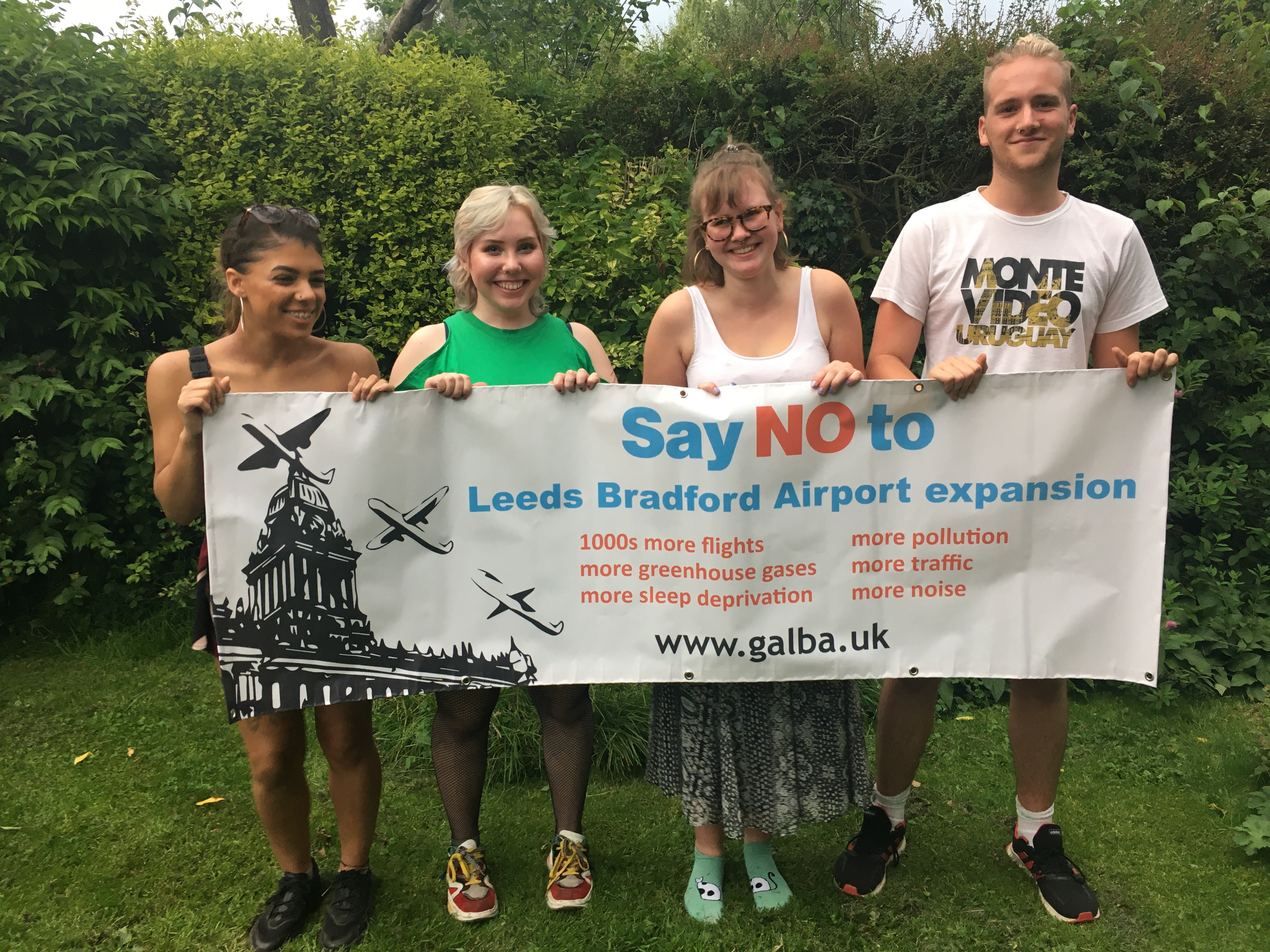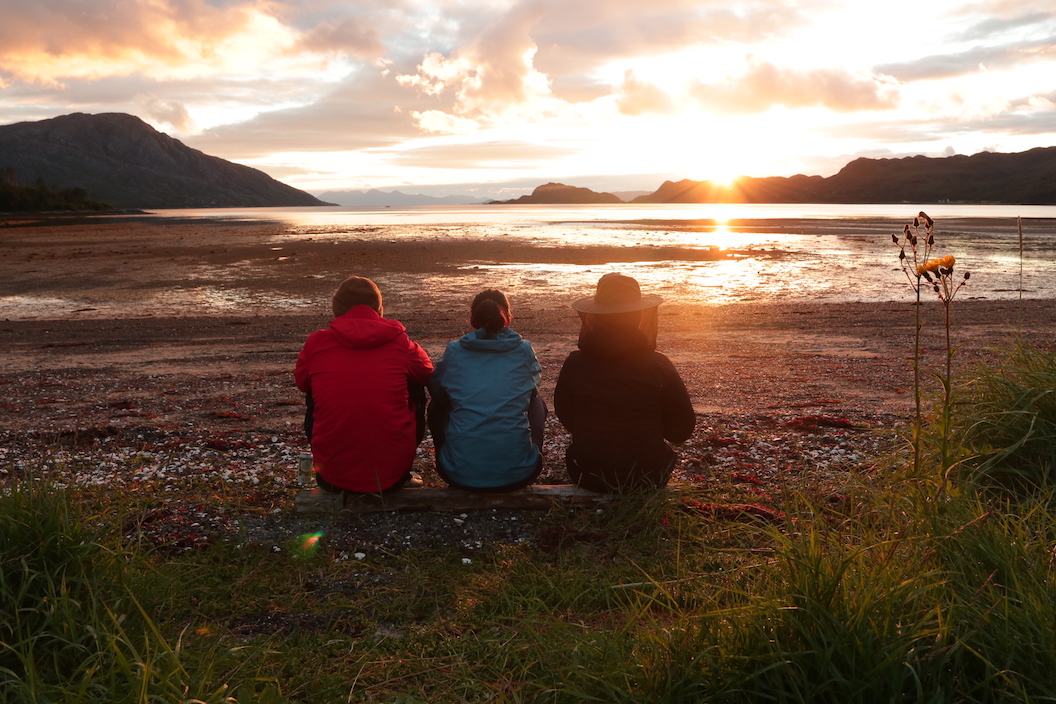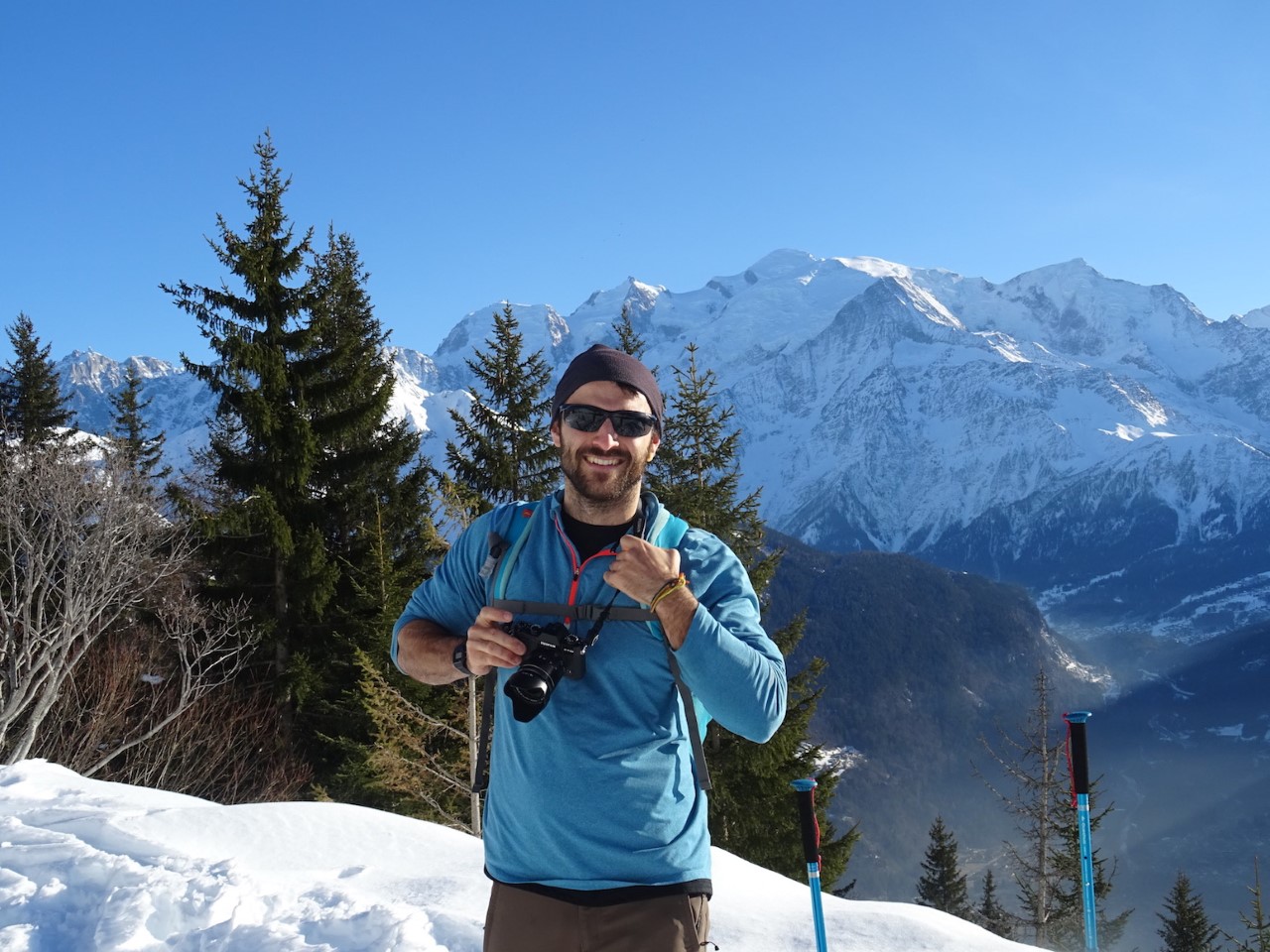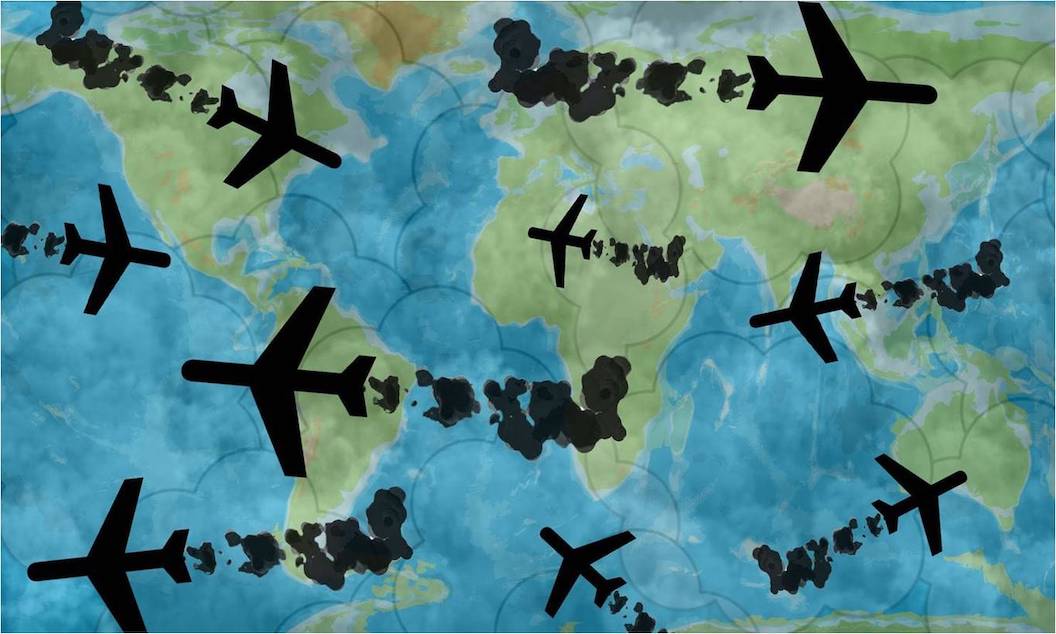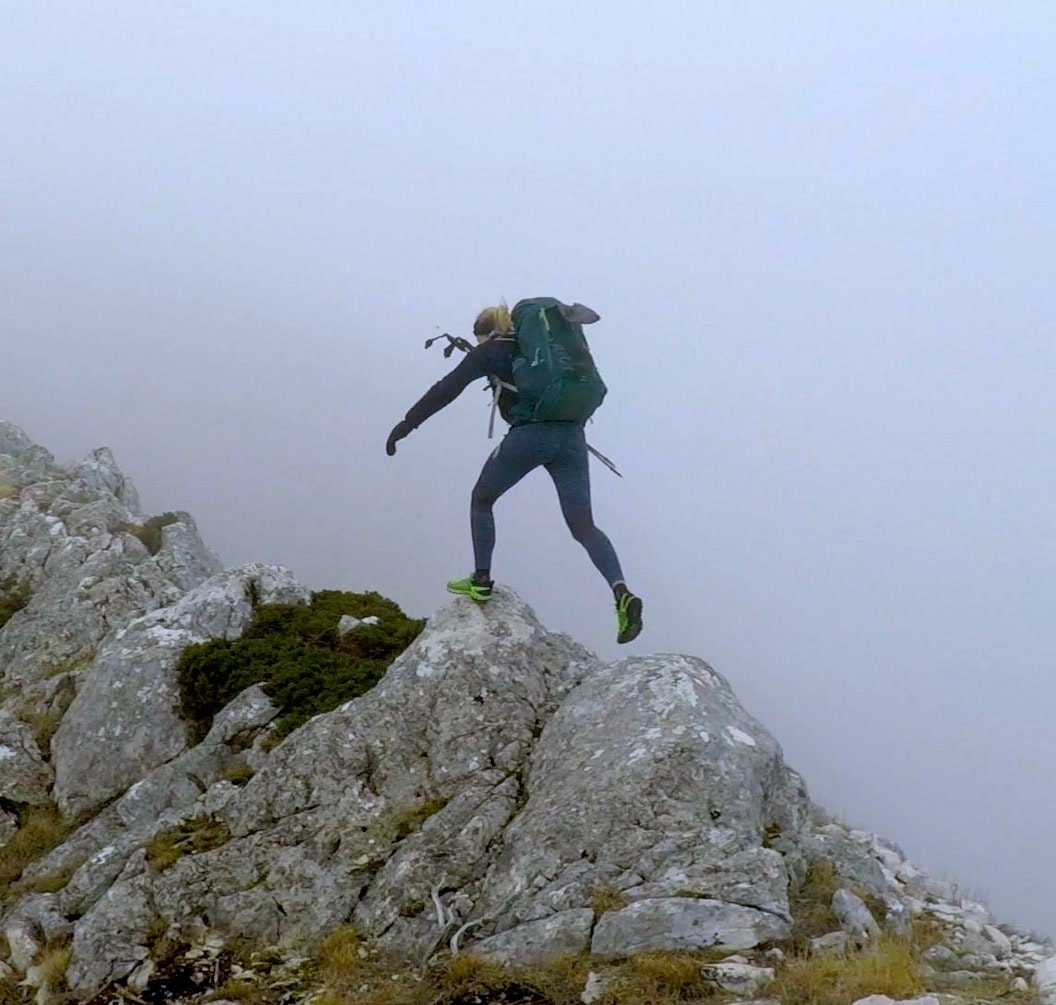For those who live in the Western world, we might suppose that flying is pretty common.
Our newspapers are full of adverts for cheap flights, the subject of dinner table conversations is often where we last went on holiday, and a stag or hen do is a quick weekend in a far-flung location. Even if we don’t fly that much, the impression that society gives us is that most people do.
The truth is, the vast majority of the world’s population has never set foot on a plane. Even here in Britain, where we fly more than any other nation, only around half of us board a flight in any given year.
"The vast majority of the world’s population has never set foot on a plane."
This starts to reveal the serious inequality of aviation. The benefits of flying are experienced by a select few – yet the harm is felt by us all.
Let’s start with taxation. By international agreement, aviation fuel is not taxed. What was once a method of boosting a fledgling industry is now one reason why airlines can offer rock-bottom prices, and alternative, low-carbon modes of transport such as trains can’t hope to compete.
The ‘free ride’ that airlines enjoy because of this tax exemption adds up to the tune of £7bn per year – enough to slash train fares by 2/3rds if it were invested in rail, according to climate charity Possible.
Governments depend on taxation to fund the things that the state needs, such as health care and housing. If it’s not coming from taxes raised through industry it is coming from us, ordinary tax payers. This means that those who choose not to fly, or are unable to fly because of cost or circumstance, are subsidising the flights of the few. Those who don’t use luxury travel are paying for others to access it instead.
"Those who choose not to fly are subsidising the flights of the few."
Then there's the global issue of climate change. It’s a grave injustice that the people who are already suffering the devastating effects of a changing climate are the least responsible for causing it. Here in the west we are already seeing the early effects of global heating: warmer winters, unpredictable weather, increased chance and severity of wildfires, and difficulty in reliably growing crops. Yet people across the global south have been suffering this reality for years – it is they, not us, who are forced to flee their homes and see their children starve. This is happening right now, and it is largely caused by our high-carbon, high consumption western lifestyles.
"The people who are already suffering the effects of climate change are the least responsible for causing it."
There are parallels with the current coronavirus pandemic. The Covid-19 outbreak started for many reasons, but its rapid spread around the globe was down to one thing: air travel. As the virus continues to spread, lockdowns continue. We are all being restricted in our freedoms because of an activity enjoyed by a relative few. Not all of us fly, but we all pay the price.
"Not all of us fly, but we all pay the price."
Now, more than ever, we need to seriously consider our use of flights. Yes, for the emissions. Yes, to curb the spread of coronavirus. But mostly because we should understand how privileged we are to access air travel in the first place.
